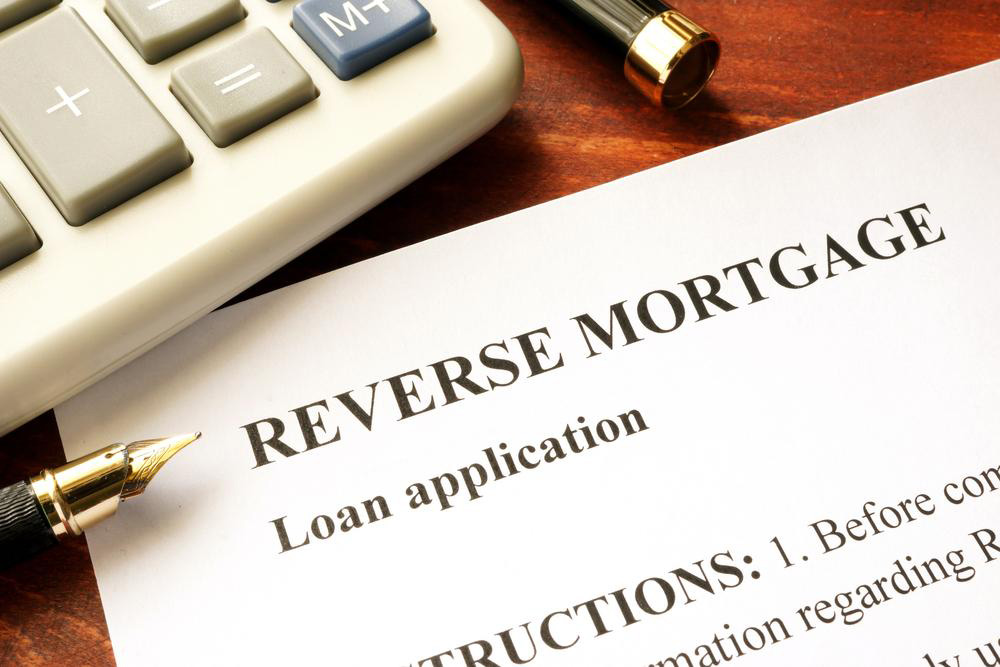Advantages and Drawbacks of Equity-Based Refinance Strategies
Explore the benefits and risks of cash-out refinancing, a strategy that allows homeowners to leverage their property equity for debt consolidation or expenses. Understand how it can lower interest rates, improve credit scores, and offer tax advantages, while also being mindful of potential costs and risks like foreclosure. Use responsibly to optimize financial health and avoid debt pitfalls.

Advantages and Drawbacks of Equity-Based Refinance Strategies
A refinance involves replacing your existing mortgage with a new loan. A cash-out refinance allows homeowners to tap into their home’s equity by upgrading their current mortgage to a higher amount, with the difference paid out in cash. This option is often used for home improvements or consolidating debts. Typically, it permits borrowing up to 90% of the home's equity, although the interest rate tends to be slightly higher than traditional refinancing.
Pros and Cons
A cash-out refinance can help lower your mortgage interest rate and reduce overall borrowing costs. It’s beneficial for debt management since it often offers a lower interest rate compared to credit cards or personal loans. The extra funds can be used to clear outstanding debts or finance large expenses.
Additionally, reducing your credit utilization ratio through a full mortgage payout can boost your credit score. However, the process involves closing costs, which are payable at the end of the loan term. Borrowers should be mindful of potential increased monthly payments and the risk of foreclosure if they fail to meet new repayment terms.
One advantage of the cash-out method is the potential tax benefit, as mortgage interest can be tax-deductible, possibly improving your refund. Keep in mind, if the borrowed amount exceeds 80% of your home’s value, private mortgage insurance (PMI) may be required, increasing costs.
While leveraging a cash-out refinance can seem like an easy debt solution, repeatedly doing so can lead to excessive borrowing and increased financial strain. It’s a helpful tool when used responsibly, but caution is advised to avoid debt cycles.
Important Note:
The information shared on our platform covers a broad range of topics, offering practical insights based on current research and data. However, readers should consider these articles as informational rather than definitive advice. We cannot guarantee the accuracy of all facts presented, and some exclusive offers or schemes may vary or be unavailable. Always consult a financial expert for personalized guidance.










